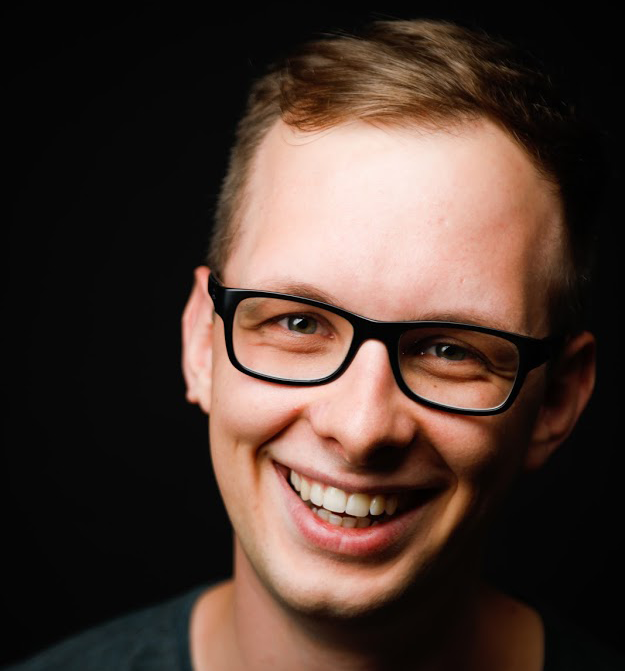About me
Hey, I’m Till Schallau. I’m a researcher, software engineer, traveller and adventurer. As with my teaching at my current university, I’ll guide you through different software engineering topics that I’m currently working on in my tutorials section. My current research interest spans from Language Engineering, Software Engineering, Education and Quality Assurance, to Automotive. To find my research publications follow this link. Besides my work I’m in love with nature in all its facetes and I enjoy walks with my friends and family. In my freetime I develop websites and software solutions. If you are interested in my projects, check out my portfolio.
Hobbies
SPORTS
In my freetime I enjoy running, climbing and playing volleyball.
TRAVELING
On holidays I am exploring new worlds near and far, in the best case with my friends and family.
Fun Fact
17 Countries Visited
Currently learning 日本語
Most visited country: Belgium
Resume
WORK HISTORY
Apr 2023 – Current
Photographer
Lumax Studio
I founded my own photography studio in April of 2023 where I specialize in wedding, event and concert photography. To explore my portfolio and photos visit lumax-studio.com.
Jan 2020 – Current
Researcher
Technische Universität Dortmund
I currently work for the TU Dortmund university as a researcher. My current goal is the PhD in Computer Science. I strongly focus on Software Engineering and Language Engineering. A link to my publications can be found here.
Jul 2016 – Dec 2019
Full Stack .NET Developer
Netzlab GmbH
I started working at Netlab GmbH in July of 2016. In the following 3 years, I developed multiple applications situated in the web, containing the planning, architecture, development and deployment. With these applications I gained insight into the frontend and especially backend part of such applications. In the last year of my employment I supported the management with knowledge of my stduies and instructed new co-workers into the companies infrastrcture and general programming.
EDUCATION
2019
Master of Science – Computer Science
Technische Universität Dortmund
I finished my master’s degree in Computer Science at TU Dortmund University with the grade 1.3. My reaserch focus was on Algorithmics and Software Engineering.
2016
Bachelor of Science – Computer Science
Technische Universität Dortmund
My bachelor’s degree was concluded with a thesis about the automatic calculation of angle of ascents of urban houses. The final grade was 2.6.
Coding Skills
C#
Java
.Net Core
JetBrains MPS
Design Skills
Lightroom
Photoshop
Illustrator
Languages
German
English
Japanese
Publications
Contact Me
Let’s Socialize
Reach Me
based in Dortmund, Germany
info [at] tillschallau.de



